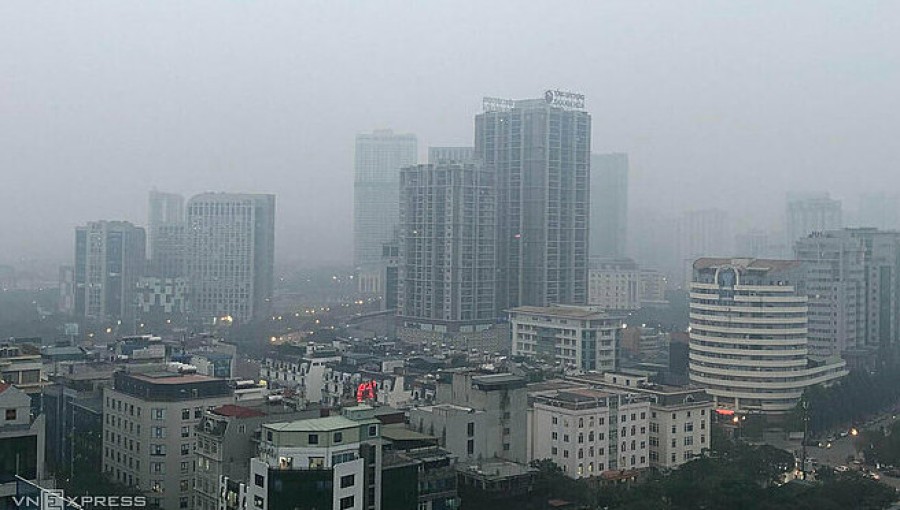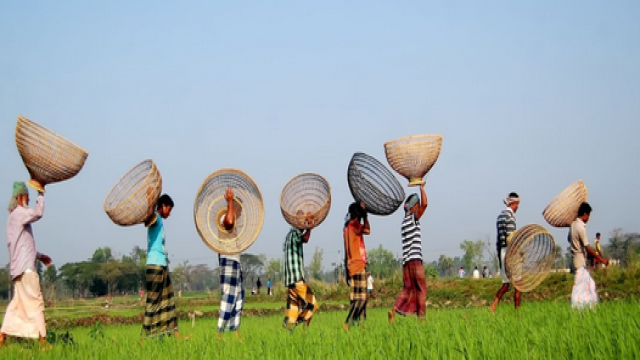Dhaka ranked third on the list of cities worldwide with the worst air quality, recording an AQI value of 132 at 8:56 am this morning. Dhaka's air was classified as 'unhealthy for sensitive groups,' according to the air quality index (AQI).
India’s Delhi and the Democratic Republic of the Congo’s Kinshasa occupied the first and second spots on the list, with AQI scores of 176 and 170 respectively.
When the AQI value for particle pollution is between 101 and 150, the air quality is considered 'unhealthy for sensitive groups.' This category indicates that people with respiratory or heart conditions, children, and older adults are at greater risk from exposure to particulate matter in the air. An AQI between 150 and 200 is deemed 'unhealthy,' between 201 and 300 is classified as 'very unhealthy,' and a reading of 301 or higher is considered 'hazardous,' posing serious health risks to the entire population.
The AQI is an index used for reporting daily air quality, informing residents about how clean or polluted the air is and what associated health effects might be a concern. In Bangladesh, the AQI is based on five major pollutants: particulate matter (PM10 and PM2.5), nitrogen dioxide (NO2), carbon monoxide (CO), sulfur dioxide (SO2), and ozone.
Dhaka has long been grappling with severe air pollution issues. Its air quality typically deteriorates during the winter months and shows some improvement during the monsoon season.
According to the World Health Organization (WHO), air pollution is a significant global health risk, causing an estimated seven million deaths annually. The primary health impacts include increased mortality from stroke, heart disease, chronic obstructive pulmonary disease, lung cancer, and acute respiratory infections.































Comment: